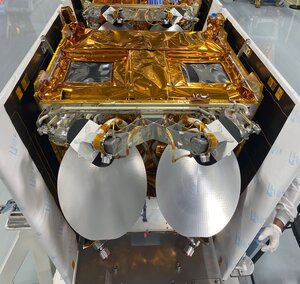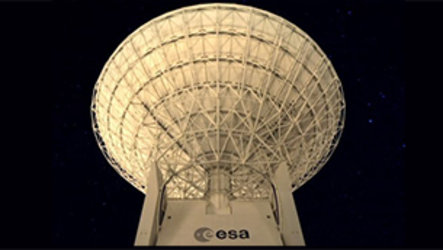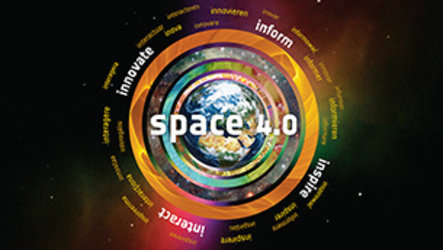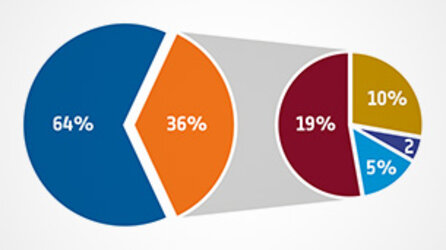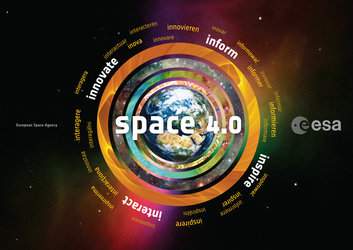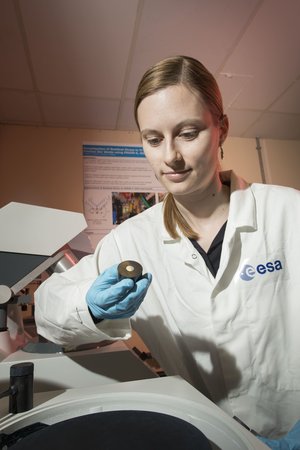Open Science
Open Science (or Science 2.0) refers to the rapid and systematic changes that are affecting the way science is organised and research is performed. It is being driven by rapid advances in ICT and digital technologies, combined with a growing demand to do science for society and in society.
Nowadays, teams of researchers around the world can easily access a wide range of open data across disciplines and remotely process them on the Cloud. They can combine them with their own data to generate knowledge, develop information products for societal applications, and tackle complex problems that could not be previously addressed.
Such rapid exchange of digital data is fostering a new world of data-intensive research. This is characterized by openness, transparency, scrutiny and traceability of results, access to large volume of complex data, and the availability of community open tools. The unprecedented levels of computing power now available also makes possible new collaborations among researchers and ‘new actors’ such as citizen scientists and data scientists.
Citizen scientists are already being invited to contribute to certain scientific tasks such as the validation of data, the gathering of in-situ observations or the classification of remote sensing images. Additional partnerships, use of social media and deployment of massive open online courses will further enhance ESA’s scientific and educational outreach to a worldwide community.
Open Science is a key component of ESA’s Digital Agenda for Space. It will enable ESA's data and interfaces to reach beyond the traditional earth and space science disciplines. By offering data in collaborative environments, it will further facilitate the exchange of ideas among scientists.















 Germany
Germany
 Austria
Austria
 Belgium
Belgium
 Denmark
Denmark
 Spain
Spain
 Estonia
Estonia
 Finland
Finland
 France
France
 Greece
Greece
 Hungary
Hungary
 Ireland
Ireland
 Italy
Italy
 Luxembourg
Luxembourg
 Norway
Norway
 The Netherlands
The Netherlands
 Poland
Poland
 Portugal
Portugal
 Czechia
Czechia
 Romania
Romania
 United Kingdom
United Kingdom
 Slovenia
Slovenia
 Sweden
Sweden
 Switzerland
Switzerland


















